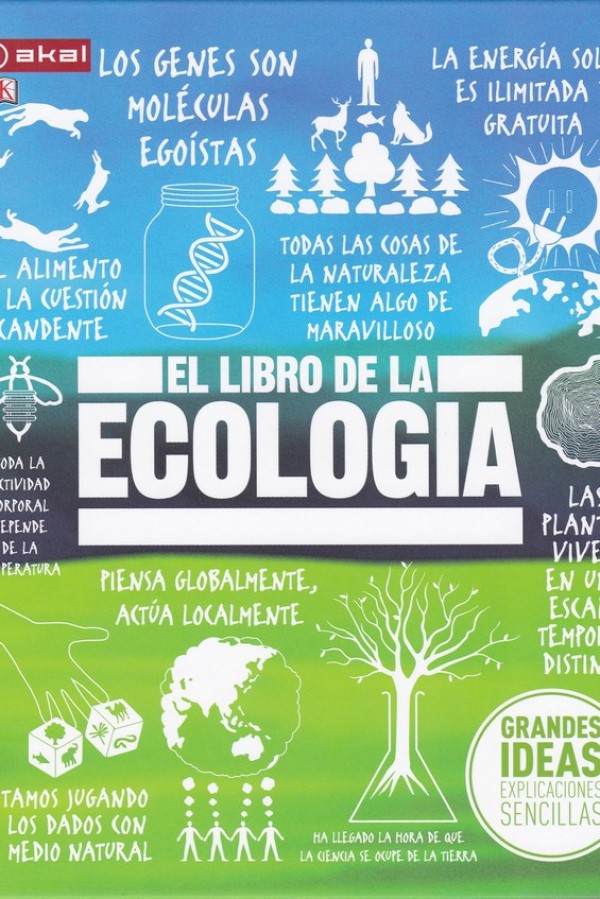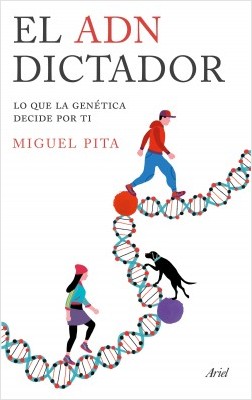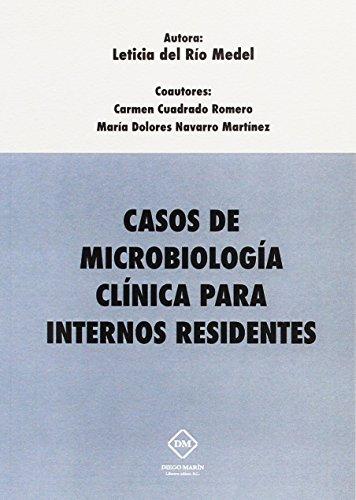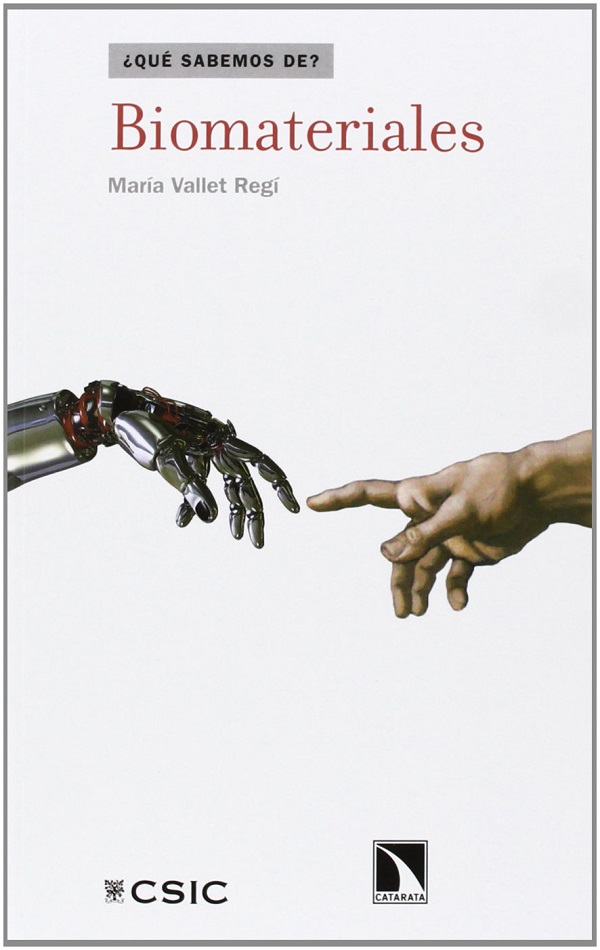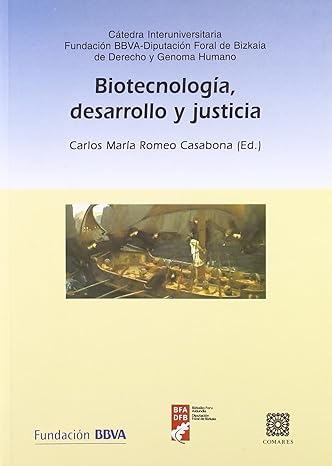¿Por qué es deseable una mayor diversidad biológica? ¿Cómo se descubrió el agujero en la capa de ozono? ¿Se está fraguando otra extinción masiva? A lo largo de la historia, el ser humano ha intentado ordenar el mundo vivo y entender cómo funciona. A medida que aumenta nuestra influencia en el planeta, resulta más urgente responder a esas preguntas.
El libro de la ecología ofrece explicaciones claras y concisas sobre más de noventa ideas clave, esquemas que desenmarañan complejas teorías, citas memorables e ingeniosas ilustraciones que juegan con nuestra comprensión de la ciencia.
Tanto el neófito en la materia como el ávido estudiante del mundo vivo, así como cualquiera preocupado por los efectos de la acción humana en el planeta, hallarán en este libro abundante material para satisfacer su curiosidad.
Part I Introduction
1 Ecology and how to do it
2 Ecology’s evolutionary backdrop
Part II Conditions and Resources
3 Physical conditions and the availability of resources
4 Climate and the world’s biomes
Part III Individuals and Populations, Communities and Ecosystems
5 Birth, death and movement
6 Interspecific competition
7 Predation, grazing and disease
8 Molecular and evolutionary ecology
Part IV Communities and Ecosystems
9 From populations to communities
10 Patterns in species richness
11 The flux of energy and matter through ecosystems
Part V Applied Issues in Ecology
12 Global biogeochemical cycles and their alteration by humans
13 Conservation ecology
14 The ecology of human population growth, disease, and food supply
Colin R. Townsend is the Director of the Ecology, Conservation and Biodiversity Research Group at the University of Otago. He has published over 150 ecology papers and books, including the best-selling and award-winning Ecology, 4th Edition, with co-authors Michael Begon and John L. Harper. He is also co-editor of the international journal Freshwater Biology.
Michael Begon is Professor of Ecology in the School of Biological Sciences at the University of Liverpool. He has authored several books in addition to Ecology and around 150 research articles. His current research interests are focused on the population ecology of pathogens in wildlife populations.
Robert Howarth chairs the International SCOPE Biofuels Project, directs the Agriculture, Energy & the Environment Program (AEEP, formerly AEP) at Cornell University, and represents the State of New York on the science and technical advisory committee of the Chesapeake Bay Program. He is the Founding Editor of the journal «Biogeochemistry» (Editor-in-Chief from 1983 to 2004). He has worked extensively on environmental issues related to human-induced changes in the sulphur, nitrogen, phosphorus, and carbon cycles, the impacts of global climate change, and interaction of energy systems and the environment.

